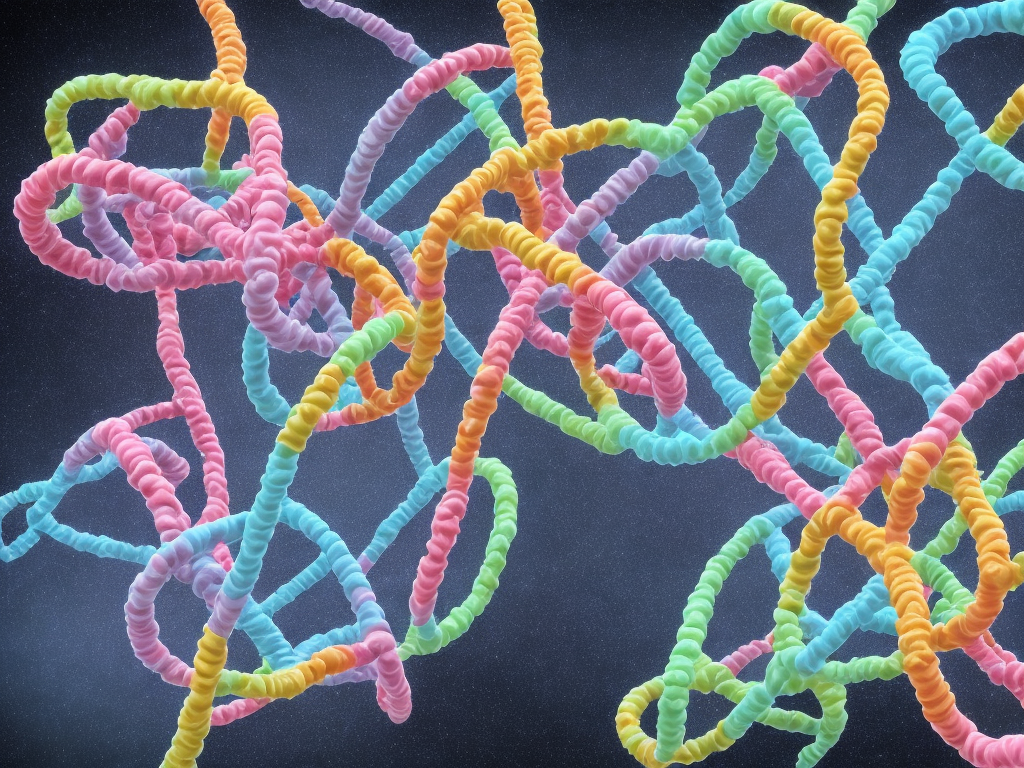
Nucleotides and nucleosides are both important components of DNA and RNA molecules. Nucleotides are composed of a nitrogenous base, a five-carbon sugar, and a phosphate group. The nitrogenous base can be adenine, guanine, cytosine, or thymine (A, G, C, T). The sugar is either ribose or deoxyribose. Nucleosides are composed of a nitrogenous base and a sugar, but lack the phosphate group. The phosphate group is what links the nucleotides together in a chain, forming the DNA or RNA molecule.
Nucleotides are the building blocks of nucleic acids and are important for energy transfer and metabolism in cells. Nucleosides are important precursors in the synthesis of nucleotides. Nucleosides are also important components of certain antibiotics and antiviral drugs.
In summary, nucleotides are composed of a nitrogenous base, a sugar, and a phosphate group, while nucleosides are composed of a nitrogenous base and a sugar but lack the phosphate group. Nucleotides are the building blocks of nucleic acids and are important for energy transfer and metabolism in cells, while nucleosides are important precursors in the synthesis of nucleotides.
 Self-Instruct
Self-Instruct